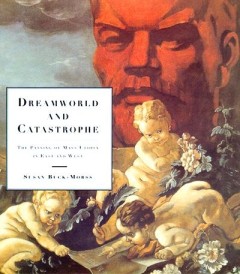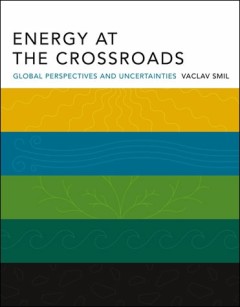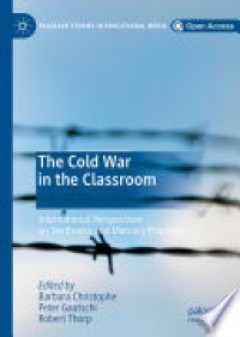Filter by

Dreamworld and Catastrophe: The Passing of Mass Utopia in East and West
"This book offers a reevaluation of the twentieth century. It argues that the disintegration of Soviet socialism marked the abandonment of the idea of mass utopia by both sides in the Cold War. One of the casualties of the end of that war was the shattering of dreamworlds of industrialization, mass culture, and historical progress that gave meaning to collective social life in East and West. Dr…
- Edition
- -
- ISBN/ISSN
- 9780262269506
- Collation
- 1 online resource (xvi, 368 pages) :illustrations (some color)
- Series Title
- -
- Call Number
- -

Energy at the Crossroads: Global Perspectives and Uncertainties
In Energy at the Crossroads, Vaclav Smil considers the twenty-first century's crucial question: how to reconcile the modern world's unceasing demand for energy with the absolute necessity to preserve the integrity of the biosphere. With this book he offers a comprehensive, accessible guide to today's complex energy issues -- how to think clearly and logically about what is possible and what is …
- Edition
- -
- ISBN/ISSN
- 9780262283847
- Collation
- 1 online resource (xiv, 427 pages) :illustrations, maps
- Series Title
- -
- Call Number
- -

How history gets things wrong :the neuroscience of our addiction to stories
Why we learn the wrong things from narrative history, and how our love for stories is hard-wired. To understand something, you need to know its history. Right? Wrong, says Alex Rosenberg in How History Gets Things Wrong . Feeling especially well-informed after reading a book of popular history on the best-seller list? Don't. Narrative history is always, always wrong. It not just incomplete or i…
- Edition
- -
- ISBN/ISSN
- 9780262348416
- Collation
- 1 online resource (289 pages, 8 unnumbered pages of color plates) :illustrations (some color), maps
- Series Title
- -
- Call Number
- -

The Cold War in the classroom : international perspectives on textbooks and m…
This book explores how the socially disputed period of the Cold War is remembered in today’s history classroom. Applying a diverse set of methodological strategies, the authors map the dividing lines in and between memory cultures across the globe, paying special attention to the impact the crisis-driven age of our present has on images of the past. Authors analysing educational media point t…
- Edition
- -
- ISBN/ISSN
- 9783030119997
- Collation
- -
- Series Title
- -
- Call Number
- 909.825072
 Computer Science, Information & General Works
Computer Science, Information & General Works  Philosophy & Psychology
Philosophy & Psychology  Religion
Religion  Social Sciences
Social Sciences  Language
Language  Pure Science
Pure Science  Applied Sciences
Applied Sciences  Art & Recreation
Art & Recreation  Literature
Literature  History & Geography
History & Geography